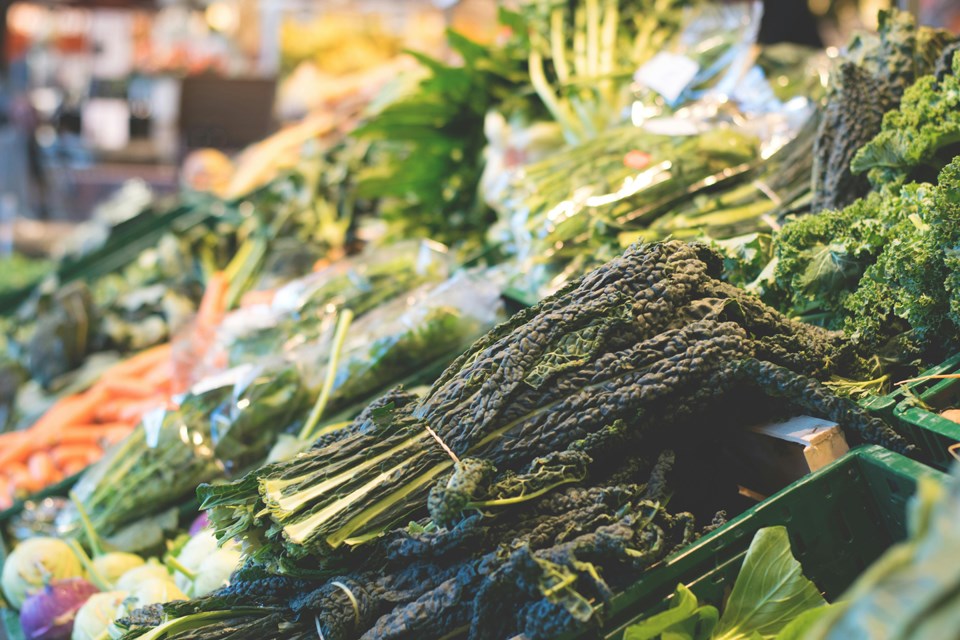WESTERN PRODUCER — Canadian organic products don’t have much of a market outside of the United States.
As tariffs continue to loom, Canadian organic producers are encouraged to find alternative international and domestic markets.
Tia Loftsgard, executive director of Canada Organic Trade Association (COTA), spoke via Zoom at the Advancing Organics Conference on March 25 to share information on how the organic sector will be affected by potential tariffs.
Since March 4, she’s been attending meetings two to three times a week in Ottawa as part of industry consultation with the federal government. They discussed all sorts of questions to determine what the effect will be and evaluate the impact of U.S. tariffs and Canada’s retaliatory tariffs.
“We had to evaluate on which products we’re actually going to be impacted,” she said.
“Because the HS (Harmonized System) codes, which is how the tariffs are connected, we had to kind of look because there are specific HS codes on certain organic products.”
HS codes classify all products using a standard six-digit code, but can be more, and are harmonized internationally. The World Customs Organization uses HS codes as a basis for tariffs and exports.
Since 2017, the Canadian government has been tracking all imports and created an additional code at the end of the HS code called the Other Goods Data code to distinguish goods.
“We’ve gotten confirmation it’s to the first eight digits, and so we’ve done this huge analysis to try and figure out, are there any exemptions on certain products for organic, because we do have some unique HS codes,” Loftsgard said.
COTA has determined there are some exemptions, and it has listed these on its website for producers to find. The basics of it are that as long as a product is Canada-U.S.-Mexico Agreement compliant, it’s safe at this point.
CUSMA compliant refers to any product manufactured in Canada, the United States or Mexico. However, this can be further categorized as a product that is produced or grown in the country, substantially transformed to be consumable in the country, has a regional value content of at least 75 per cent or that only has up to 10 per cent of non-originating product.
Some producers may be exporting to the U.S. under the Most Favoured Nations principle of international trade. As such, they would not be covered by CUSMA and are subjectable to the 25 per cent tariffs. Loftsgard encouraged those organic producers to move to CUSMA if they are able.
For products that are hit by tariffs, producers may be eligible for remission. The remission process is being established, and there are multiple resources available in addition to funding and loans. COTA also has resources and producer supports available, including a support matching program for producers to get the best fit.
Loftsgard said they have been warned by the federal government that the remission process will likely slow down with the impending election. However, tariff updates and briefings will continue to be able to respond to industry needs.
For the organics industry, losing the U.S. is detrimental because it has the largest organic demand, and Loftsgard said she’s told government officials as much.
“We very much indicated the U.S. market is the number one market for all organic products in the whole wide world. There is no replacement,” she said.
“And so, if we start losing farmers because they have no market opportunity, it’s going to take three years to bring them back.”
COTA recognizes the stress that comes with the uncertainty, and Loftsgrad said they are looking into market diversification and finding greater producer funding support.
“Essentially, I think it’s time for everybody to start thinking about how we can diversify to other markets, how we can add more value to our products, so that we can get them into some really good Asian and European markets.”
This reaction additionally comes from the information gained from the COTA online survey, which shows a range of reactions to the tariffs. Responses include people or companies closing their Canadian operations, starting new manufacturing facilities, free selling and passing costs to the client or customer.
If a producer is looking into trade diversification, COTA has resources available such as the global organic trade guide. It includes what steps to take to sell to a new market or if there are market equivalencies.
Europe is difficult to break into due to differing regulations and testing, but Asia has a “large appetite” for organic products.
“Of course, if you can find the market domestically, that’s the best,” Loftsgard said.
“And so there’s some product categories that would work for and not (so much) for probably the larger commodities, but we do have something called the domestic promotion fund, so you can get funding for things like demos, in-store promotions, trade show attendance, etc.”
Loftgard said her organization is putting out information every few days to keep producers updated. All information that is shared on tariffs can be found on canada-organic.ca under “U.S. Tariffs 2025” in the “Advocacy” section of “What We Do.”
About the author
Related Coverage
U.S. auto sector tariffs likened to scoring on their own net
Trade, competitiveness, investment among organic sector’s election priorities
Manitoba budget includes tariff help for farmers
Manitoba invests up to $1.5 million to create tariff response program
Chinese ship tax would greatly benefit Canadian shippers, says analyst
Nutrien sees no major impact from Black Sea deal




